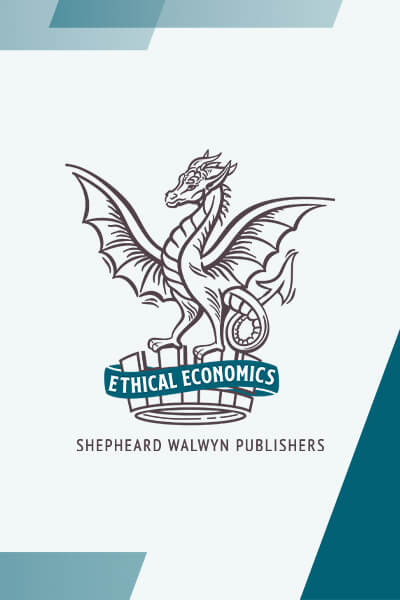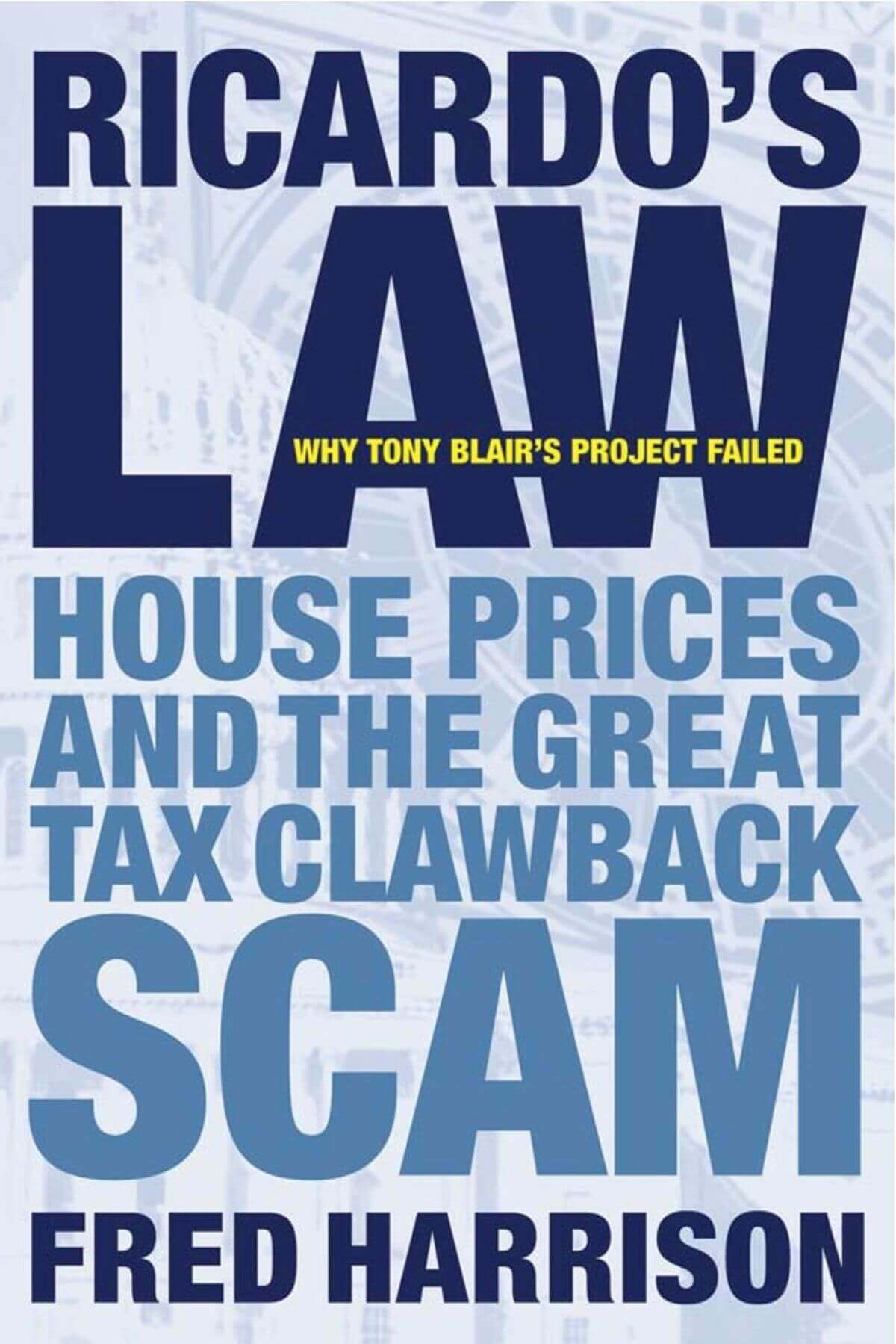The Observer (3rd Dec) revealed a new initiative to tackle the housing crisis from the Tony Blair Institute for Global Change. Blair is proposing that council tax and business rates, which are currently based on the value of the site and any building or improvement on it, be replaced by a tax which relates solely to the value of the land under the buildings, arguing that it is a “fairer and more rational system of property taxation”.
At the same time, the Office for National Statistics has released figures revealing that land is Britain’s most valuable asset, having increased fivefold since 1995, provoking calls for the introduction of a land tax to curb soaring house prices driven by the rising land prices.
The land-value tax is usually seen as leftwing, reinforced when the Marxist John McDonnell pledged in Labour’s 2017 election manifesto to hold a review of the idea, but rightly understood it could provide a market solution to the housing crisis.
During his premiership, following a visit to Singapore, Blair returned to Britain espousing the idea of a “third way” to create an economy that worked for everyone, something Anthony Giddens, then Director of the London School of Economics had written about in his book The Third Way. This proved a disappointing mixture of left and right.
The argument for funding government from economic rent, which is what a land-value tax would collect, rests on an understanding of Ricardo’s Law, named after the classical economist who first explained its operation clearly. Unfortunately, mainstream economists largely ignore it, thus depriving policy-makers of a valuable tool in their endeavours to make the economy work for everyone.
It is to be hoped that Blair has realised the significance of the Law of Rent and how this could be a foundation for a genuine third way, one which holds out the possibility that, with government focused on collecting more of the economic rent, the burden of taxation could be reduced and possibly even eliminated so that government was funded entirely out of rent. This is what a “fairer and more rational system of property taxation” offers.
Several of the books in our Ethical Economics list explore the many ramifications of such an approach.







